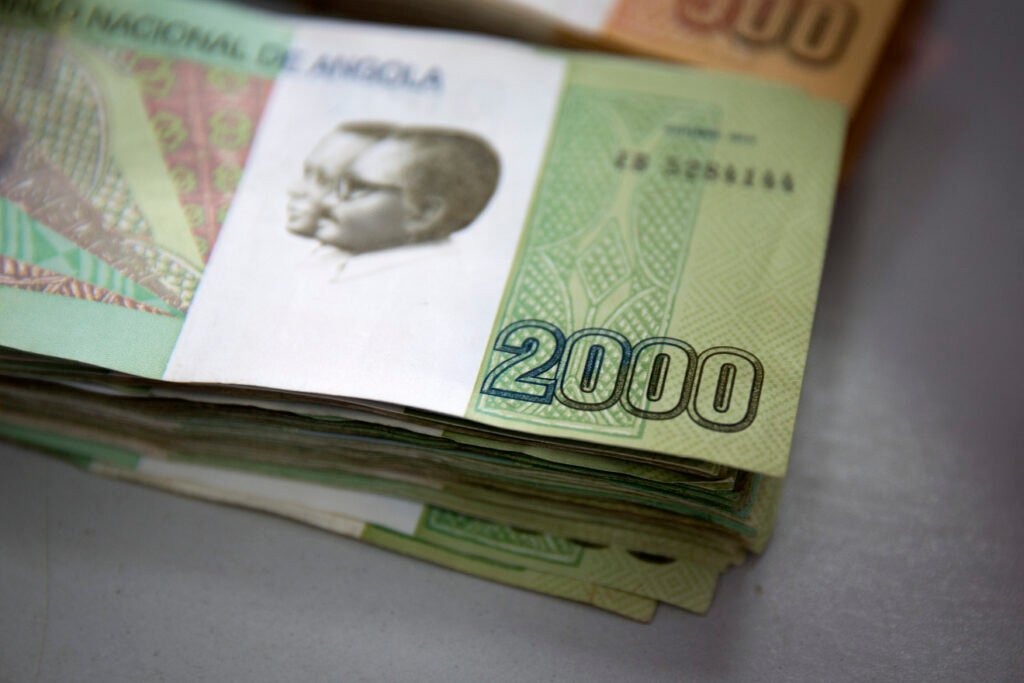FX Stability Forecasted: Angola’s Central Bank Governor Addresses Inflation
Manuel Tiago Dias, Governor of Angola’s central bank, expressed optimism about the relative stability of the country’s currency, the kwanza, for the remainder of the year. However, he cautioned that the bank’s inflation forecast might need adjustment due to potential changes in fuel price subsidies.
In an interview with Reuters during the International Monetary Fund and World Bank spring meetings, Dias confirmed his expectation of consumer price inflation to reach 19% by year-end, a slight decrease from 20% in 2023 and a notable drop from 26.09% in March.
Dias emphasized that these forecasts are subject to change, particularly in response to alterations in fuel price subsidies. Such changes could lead to higher inflation than currently anticipated, highlighting the delicate balance between economic stability and fiscal policy adjustments.
Governments across Africa, including Angola, have grappled with reducing costly fuel subsidies amidst surging debt costs and high pump prices. Despite the fiscal strain, attempts to scrap these benefits have often sparked public protests.
Angola, as an oil-producing nation, faces significant expenditure on fuel subsidies, amounting to 1.9 trillion kwanza ($2.3 billion) in 2022—over 40% of the estimated spending on social programs by the IMF.
Despite the kwanza’s substantial depreciation against the dollar last year, Dias expressed confidence in the current market conditions, anticipating relative stability in the exchange rate. He reaffirmed Angola’s commitment to a flexible exchange rate regime, a stance reiterated to both the IMF and investors during the spring meetings.
Regarding monetary policy, Dias highlighted the importance of monitoring global economic trends, particularly in light of consistently high global interest rates. He also emphasized the significance of domestic indicators and the impact of persistently high oil prices on export revenues.
Looking ahead to the next quarter, Dias anticipated a monthly currency supply of around $600 million in the foreign exchange market. Any government intervention could potentially increase this supply, contributing to exchange rate stability and possibly mitigating inflationary pressures.
The Bank of Angola’s upcoming monetary policy meeting in May follows a 100 basis-point rate increase in March, which brought its main interest rate to 19%. This reflects ongoing efforts to manage inflationary risks and maintain economic stability amidst evolving domestic and global challenges.


















